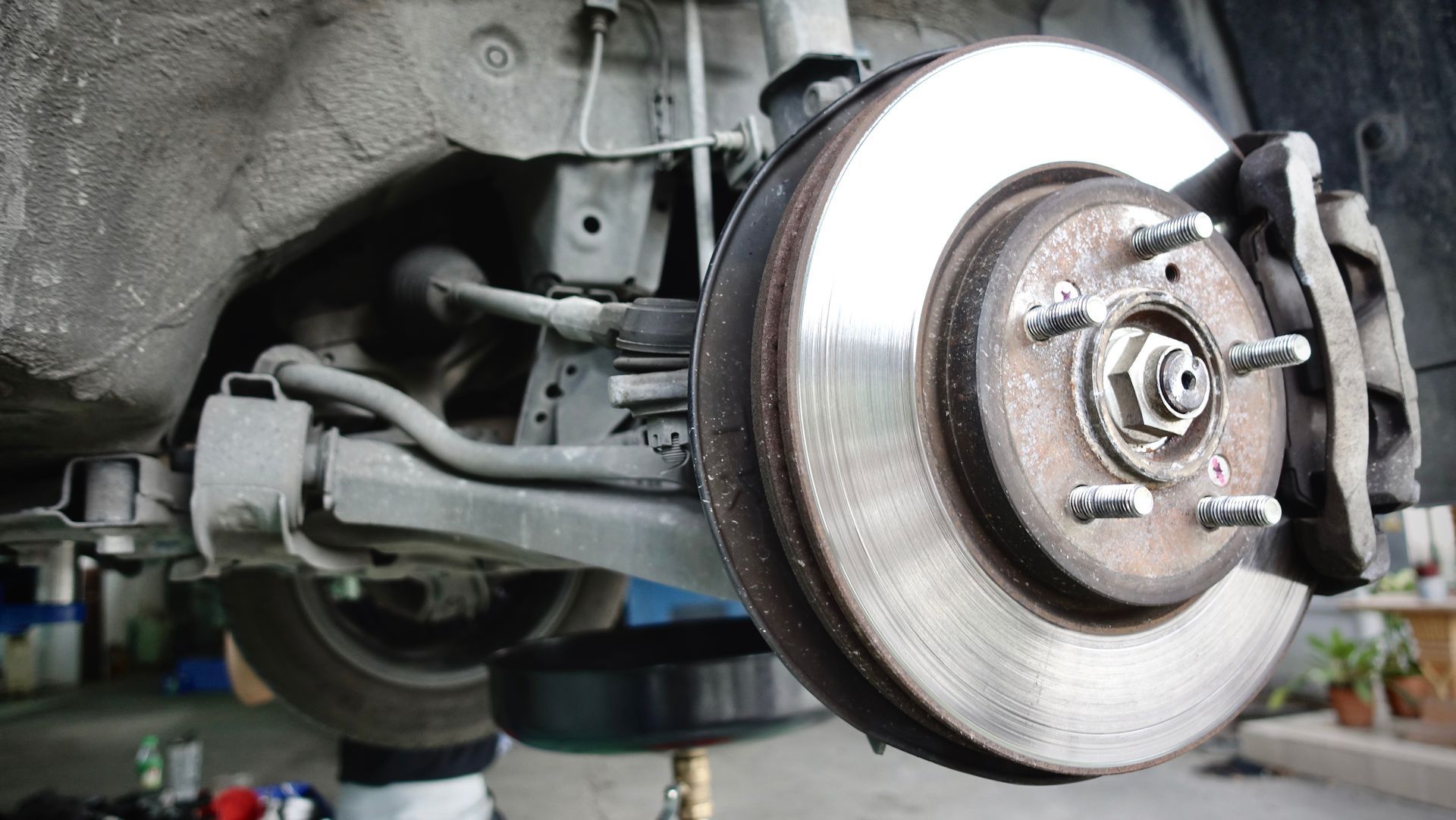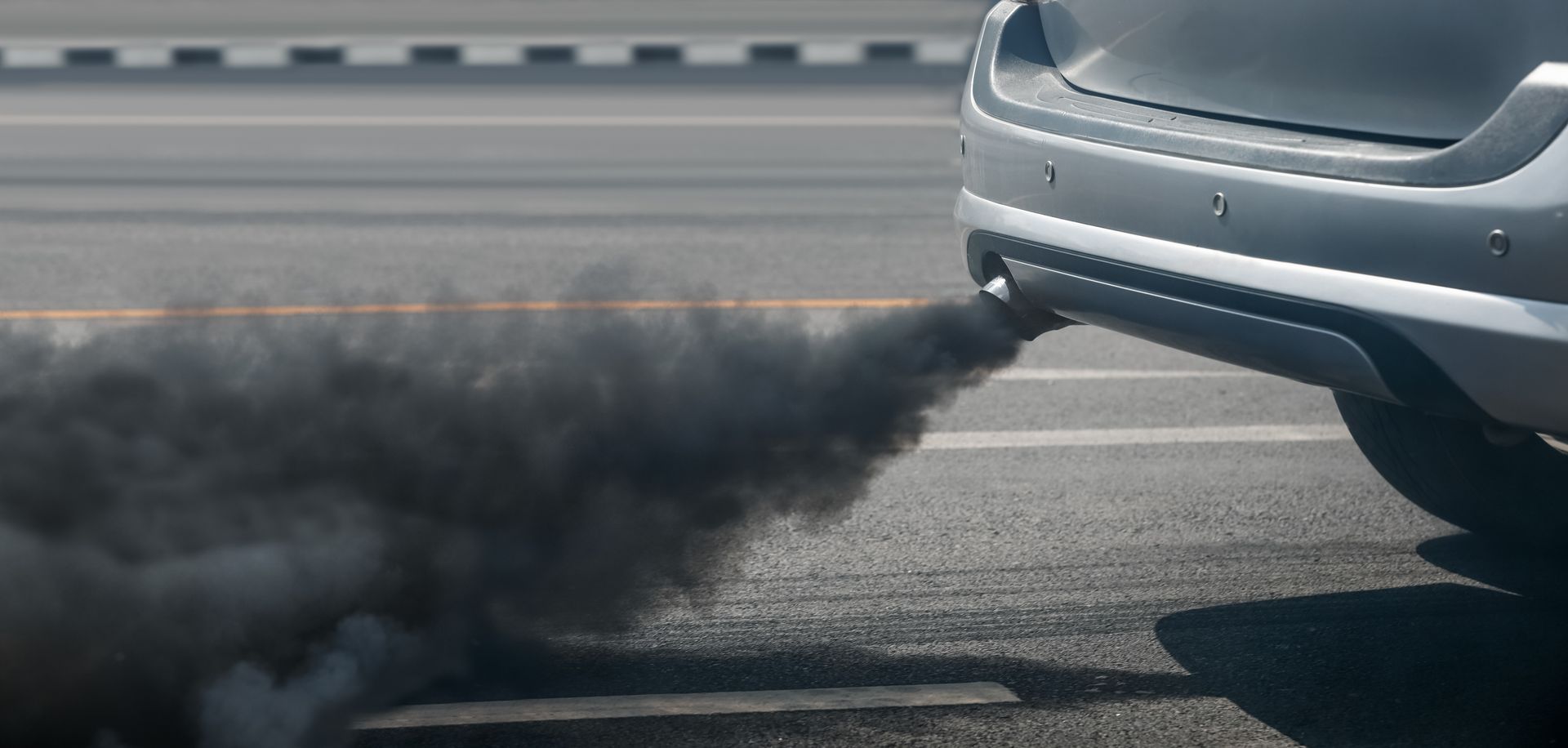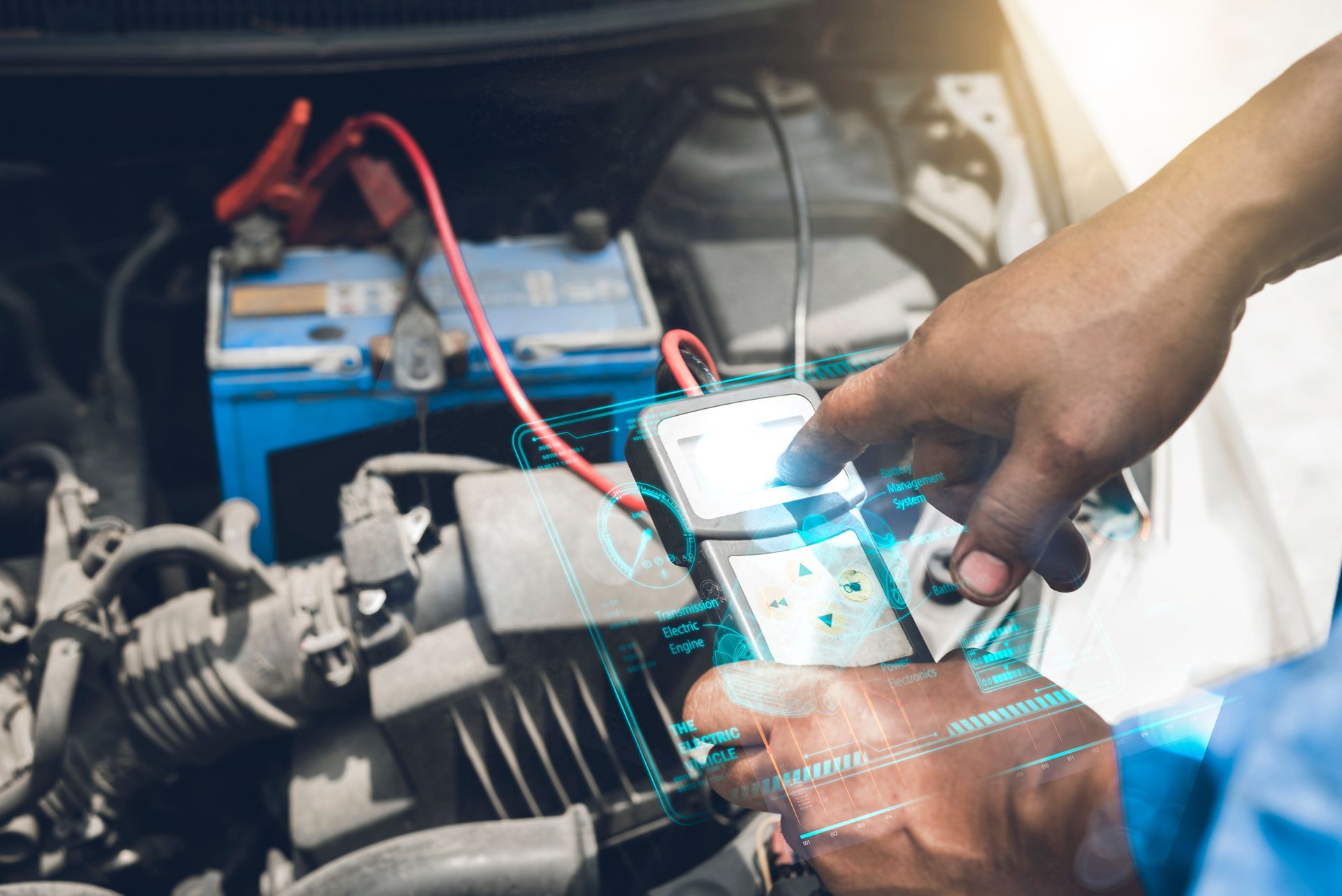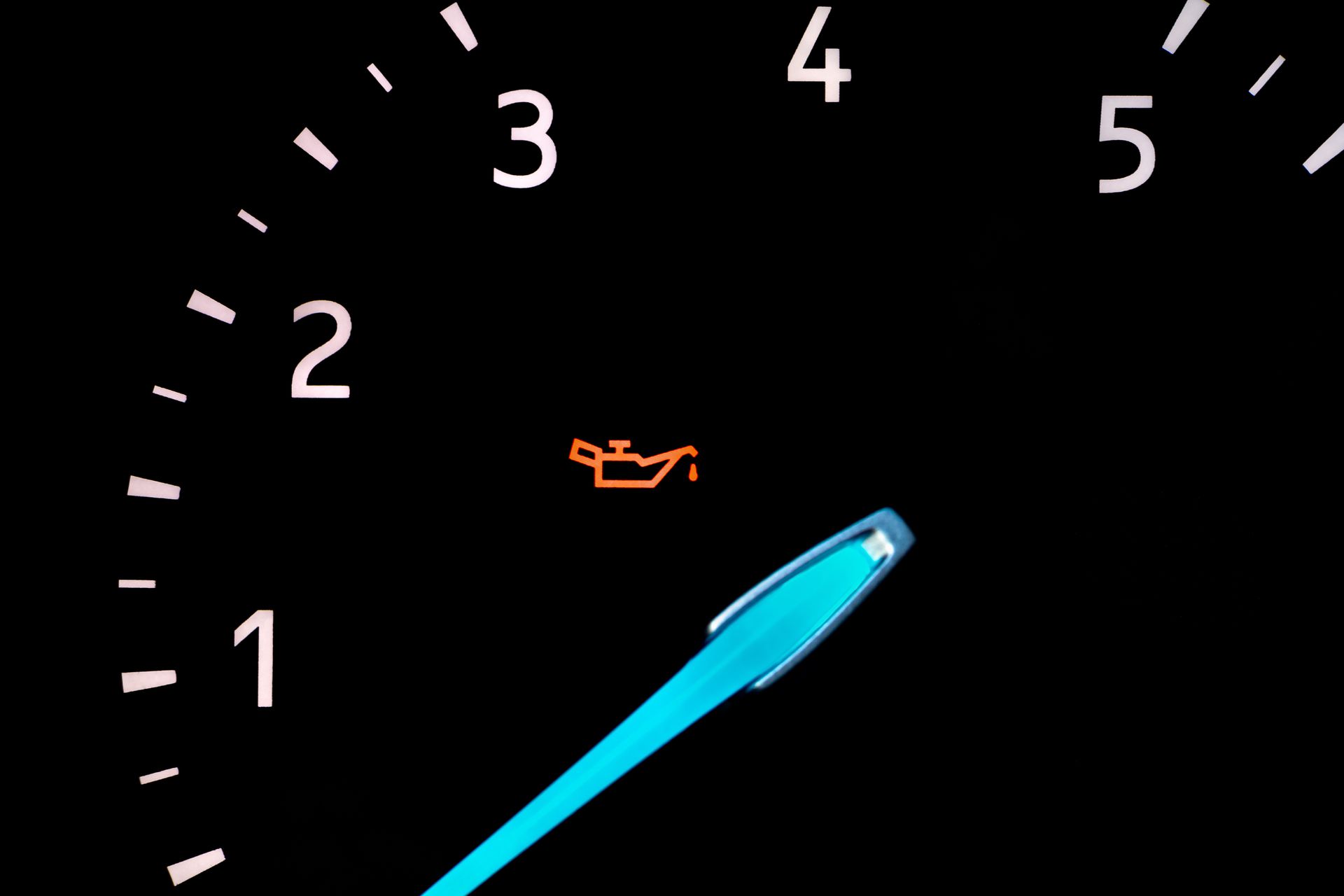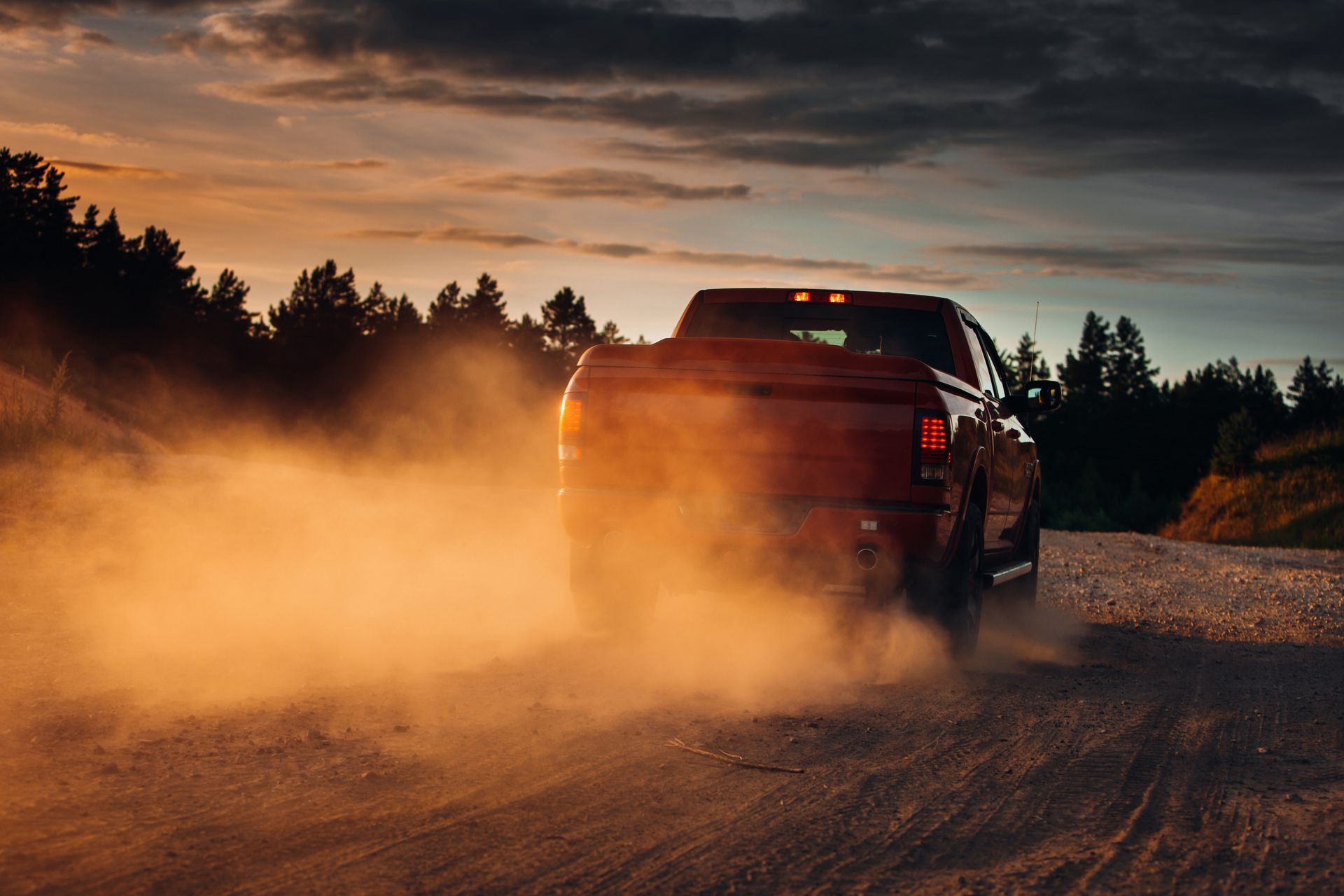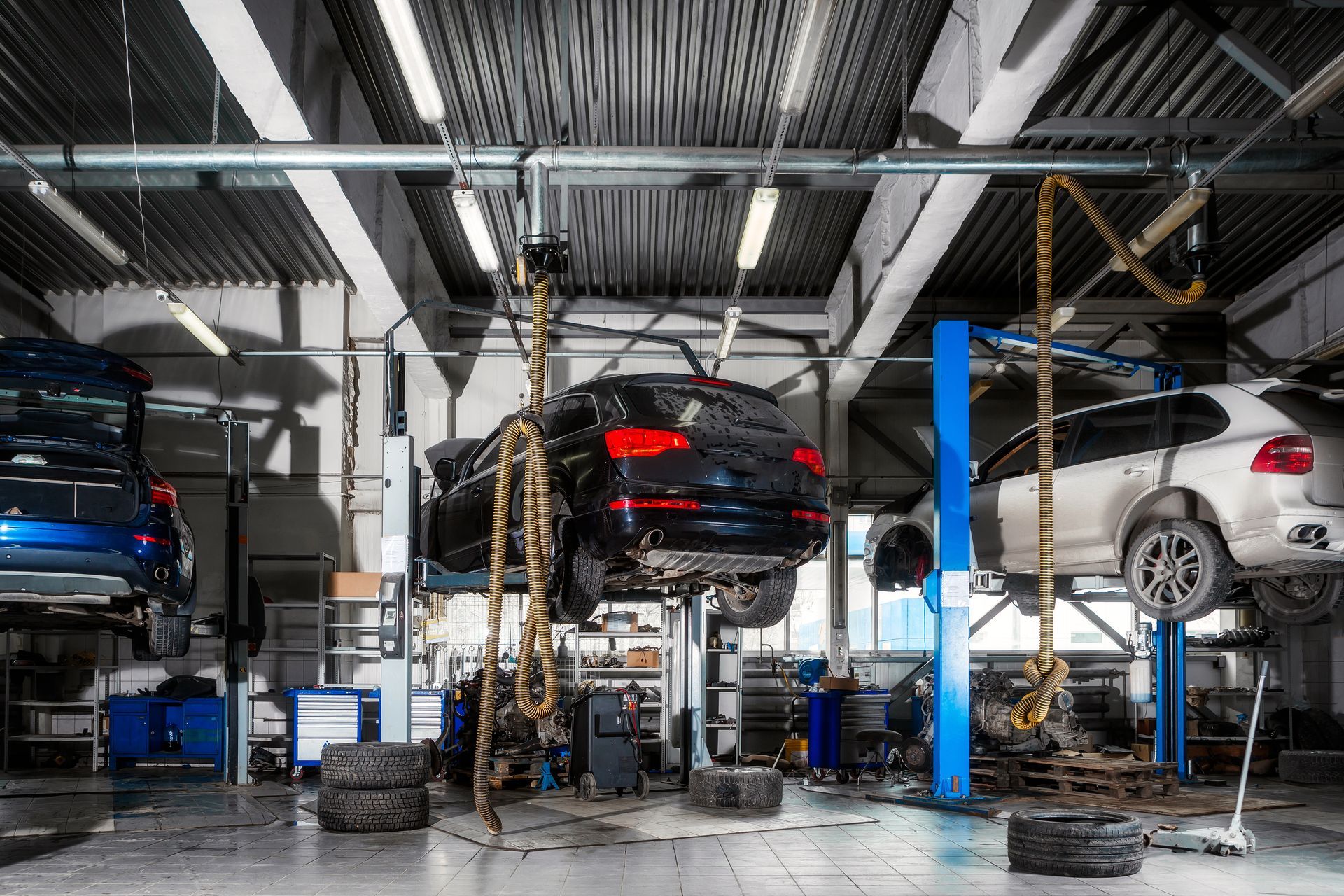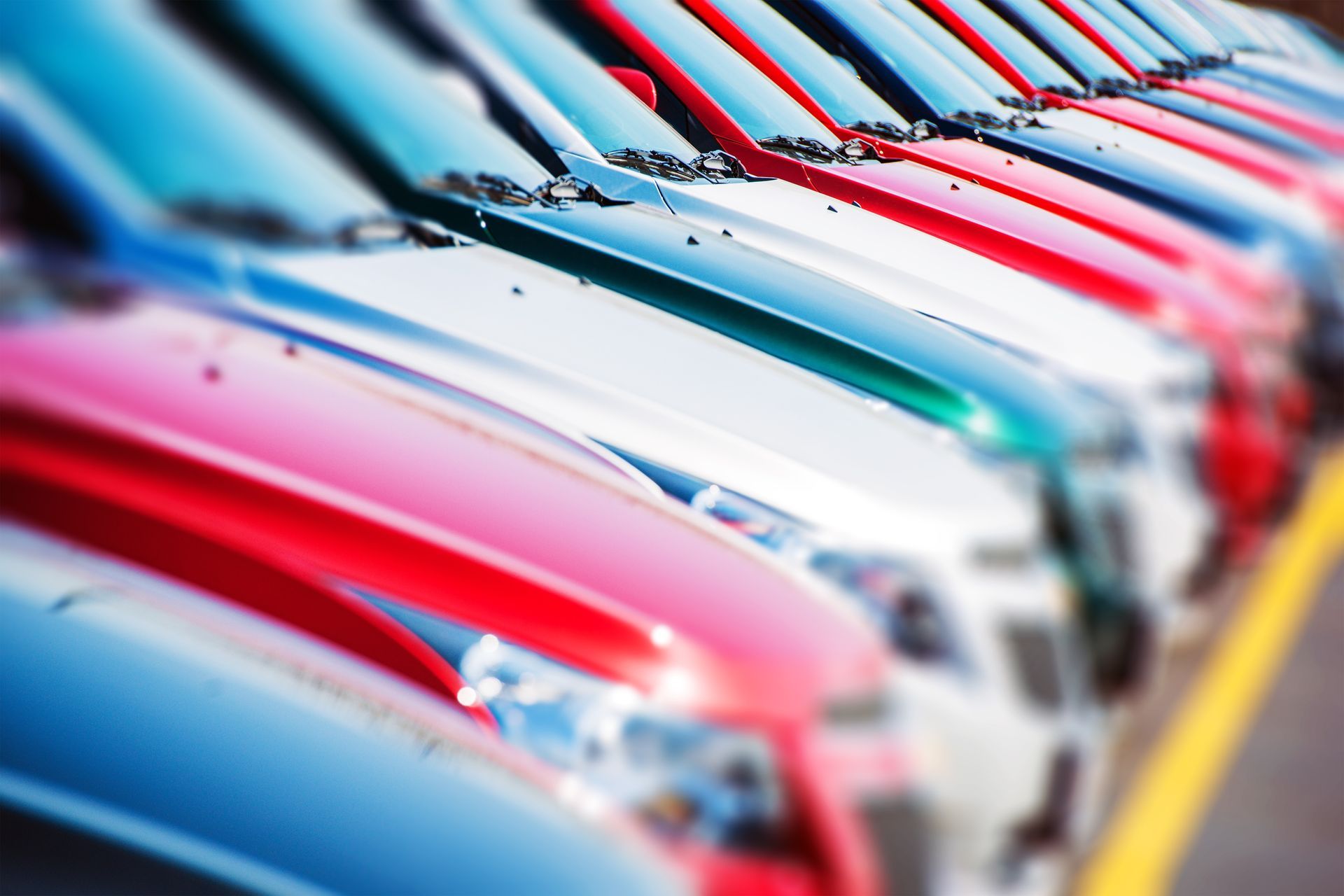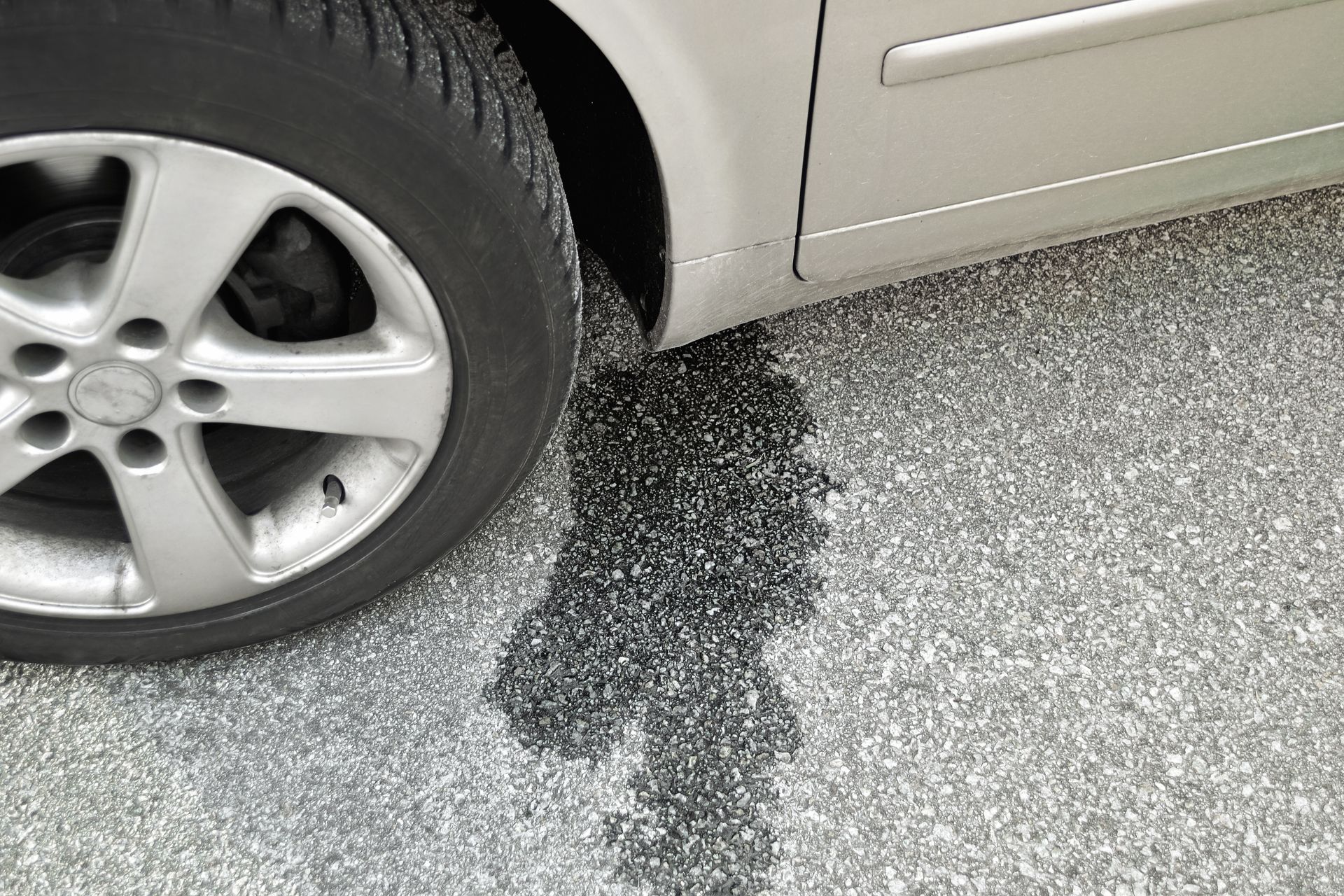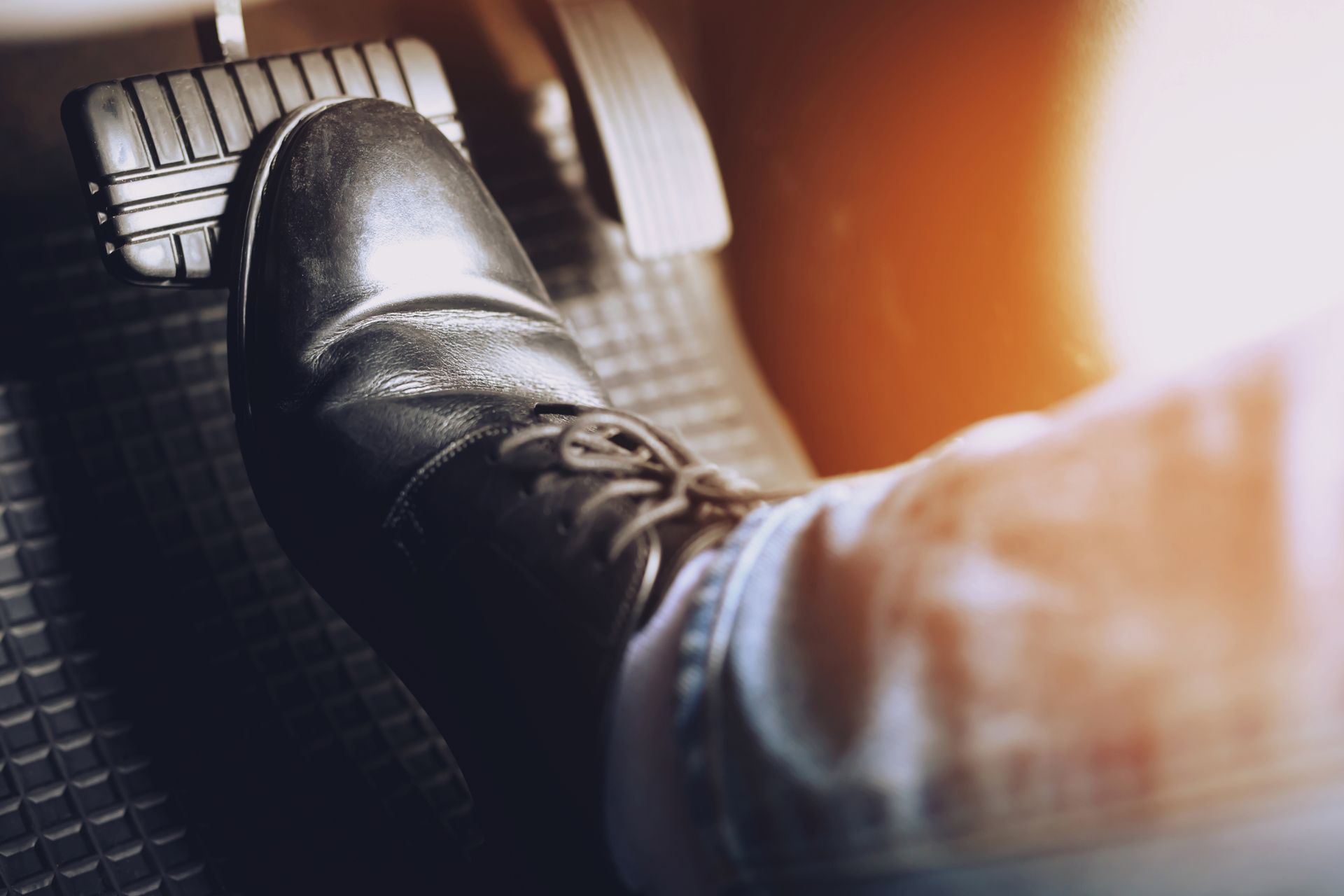Traveling by car with kids can be a challenge, but with the right preparation, it can be much less stressful than expected. Whether you’re heading out for a weekend getaway or embarking on a long road trip, the key to success is all in the planning. With little ones on board, you can expect some restless moments, but by anticipating their needs and providing comfort and entertainment, you can make the journey enjoyable for everyone. Here are some tried-and-true tips to help make car travel with kids easier.
Pack Smart for Comfort and Entertainment
Before you even get the car started, packing the right items is crucial for a smooth ride. Kids, especially younger ones, get restless and bored quickly, so keeping them entertained is half the battle.
Start by packing an "essentials" bag that you can easily reach during the drive. Include things like snacks, drinks, wipes, and small toys. Healthy snacks like fruit slices or crackers can help prevent hunger-induced crankiness. Avoid sugary treats that might lead to hyperactivity. Keeping kids hydrated is also important, but be mindful of limiting drinks to avoid frequent bathroom stops.
For entertainment, consider a mix of screen-free activities and digital options. Books, coloring books, or activity kits are excellent options to keep their hands busy. If your kids are fans of tech, downloading their favorite movies, games, or audiobooks before the trip can provide hours of distraction.
Make Frequent Stops
When traveling with kids, especially on long trips, expect to make more stops than you would on a solo journey. Sitting in one place for long periods can be tough for kids, so build in time to stretch their legs and burn off some energy. Look for parks, rest areas, or even interesting landmarks where the family can take a break and move around.
These breaks are not just about avoiding boredom—they’re essential for comfort. Sitting for too long can lead to restless children, which in turn can lead to stressed-out parents. Every few hours, plan to stop, let the kids run around, and get some fresh air. This will also reduce the risk of car sickness and help everyone feel refreshed when back on the road.
Plan for Sleep and Nap Time
Long car rides are prime opportunities for napping, so plan your trip around your kids’ sleep schedules when possible. If you have young children who nap during the day, try to schedule the bulk of your driving time around their usual nap time. This way, they can sleep peacefully during part of the drive, giving you some quiet time on the road.
To encourage sleep, pack a few comfort items from home like their favorite blanket or stuffed animal. Keeping the car environment calm and cozy during nap time—lowering the volume of conversations, playing soothing music, and minimizing distractions—will help your child drift off more easily.
Prepare for the Unexpected
No matter how well you plan, road trips with kids will always come with a few surprises. Whether it’s an unexpected diaper change or a sudden spill, having extra supplies on hand is a lifesaver. Pack a small emergency kit with essentials like extra clothes, diapers (if needed), hand sanitizer, and a basic first aid kit.
Kids also have a way of creating messes out of nowhere. To avoid having your car look like a disaster zone after the trip, pack extra trash bags or containers to collect wrappers, tissues, or any other small messes they might create. Having these items at the ready can prevent chaos from taking over.
Keep Expectations Realistic
One of the most important things to remember when traveling with kids is to manage expectations. Long trips are often exhausting, and kids may get cranky or impatient despite your best efforts. Keeping a flexible attitude will make the experience less stressful for everyone. Don't expect perfection, and be prepared to adapt as needed.
If possible, plan your driving schedule to include times when you expect the kids to be at their best. Early mornings or post-nap times tend to work well for longer stretches of driving. Letting older kids know the plan for the day and keeping them involved can also reduce frustration, as they’ll know what to expect.
Planning a road trip with the family?
Make sure your car is road-ready by visiting
Kwik Kar Auto Repair. Book a service check now to ensure a smooth journey for everyone!
